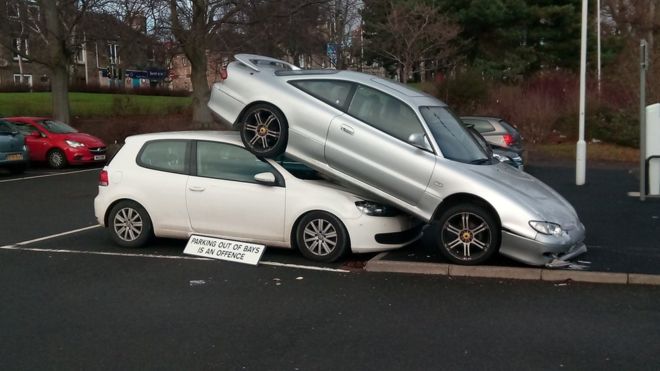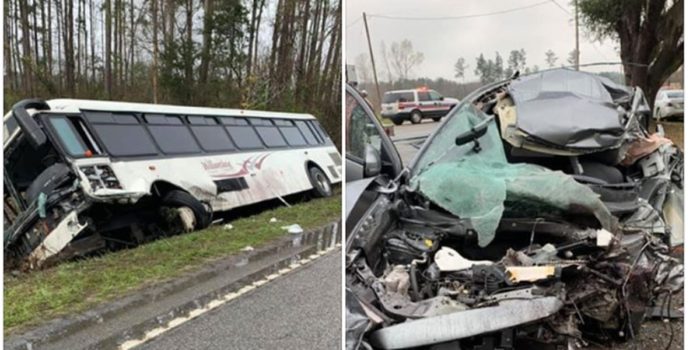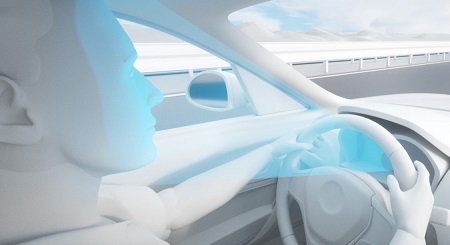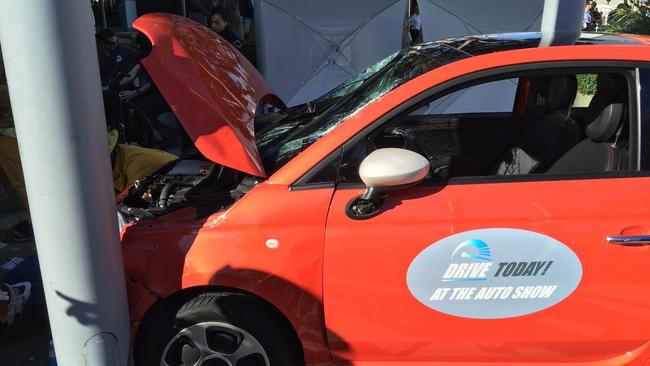Now Reading: 25 percent of car accidents happen in first 3 minutes of driving, says study
-
01
25 percent of car accidents happen in first 3 minutes of driving, says study
25 percent of car accidents happen in first 3 minutes of driving, says study

The smaller the trip, the better the chances of being involved in a car accident, according to an Austrian telematics provider.
Dolphin Technologies said its latest study, based on anonymized data obtained through its devices installed in automobiles, analyzed 3.2 million car trips by 40,000 people in 2018 and 2019, in which about 1,986 accidents took place.
Dolphin said its data revealed that 87% of most trips last less than 30 minutes, whereas just 1% of all trips last longer than an hour.
The study said a closer look at short trips, described as trips lasting less than 10 minutes, showed a quarter of all accidents took place during the first three minutes of driving, and another 14% under the first six minutes.
“This study shows that if we could encourage people to give up their cars for short distances, up to 40% of all accidents could be avoided,” said Katharina Sallinger, Chief Data Scientist at Dolphin, who headed the study.
“We want to support people in being on the road safely. Knowing which behavior results in accidents allows us to make targeted recommendations, and thus to minimize risks,” Sallinger said.
According to the study, the lowest risk of accident “in relative terms” was for trips lasting between 10 and 20 minutes.
“After that, the risk rises disproportionately. If you are in the car for over 40 minutes, you already have two and a half times the risk than if you are driving for less than 20 minutes,” the company said in a news release.
Dolphin said tips to decrease accidents include:
- Avoid short trips if possible and cycle or walk.
- For longer journeys, plan and keep regular breaks.
- Do not use your mobile phone while driving. It causes 26% of crashes.
“A self-induced accident is often the result of wrong decisions or lack of information,” said Dolphin CEO Harald Trautsch. “One drives tired, drunk, or uses the phone while driving. Or one doesn’t know that extreme weather conditions such as black ice prevail on the route.”
Stay Informed With the Latest & Most Important News
Previous Post
Next Post
-
 01Polestar Boss Says It’s Time To Outrun BMW M And Mercedes-AMG
01Polestar Boss Says It’s Time To Outrun BMW M And Mercedes-AMG -
 02Spy Shots: 2027 Mitsubishi Pajero Spotted in Testing Ahead of Possible U.S. Return
02Spy Shots: 2027 Mitsubishi Pajero Spotted in Testing Ahead of Possible U.S. Return -
 03Spy Photos: VW ID. Polo GTI Goes Electric with 223 HP and 280 Miles of Range
03Spy Photos: VW ID. Polo GTI Goes Electric with 223 HP and 280 Miles of Range -
 04The Controversial Ford Voodoo V8 That Was Killed Off Too Early
04The Controversial Ford Voodoo V8 That Was Killed Off Too Early -
 052026 Toyota Hilux EV: A Powerful Truck with Silent Torque
052026 Toyota Hilux EV: A Powerful Truck with Silent Torque -
![2027 Mercedes-Benz S-Class Debuts with V8 Engine [Photo Gallery]](https://speedlux.com/wp-content/uploads/2026/01/2027-Mercedes-Benz-S-Class-33-155x125.jpg) 062027 Mercedes-Benz S-Class Debuts with V8 Engine [Photo Gallery]
062027 Mercedes-Benz S-Class Debuts with V8 Engine [Photo Gallery] -
 07Hyundai Palisade’s Breakout Year Shows How Quickly the Market Can Turn
07Hyundai Palisade’s Breakout Year Shows How Quickly the Market Can Turn


![2027 Mercedes-Benz S-Class Debuts with V8 Engine [Photo Gallery]](https://speedlux.com/wp-content/uploads/2026/01/2027-Mercedes-Benz-S-Class-33-700x394.jpg)











































